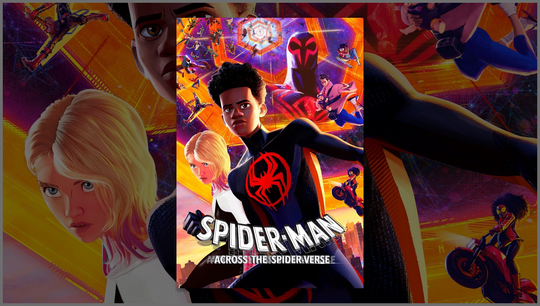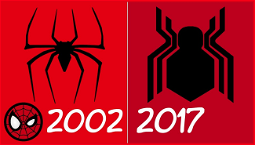Spider-Verse: A Tale of Many Cities
The highly anticipated release of Spider-Verse is facing potential delays as moviegoers encounter multiple versions of the film. The internet is abuzz with discussions surrounding this intriguing issue.
TikToks have emerged, unveiling various animations and jokes scattered throughout the multiverse. Spider-Verse associate editor, Andy Leviton, confirmed the existence of these multiple versions on Twitter. The film ingeniously allows audiences to experience different edits depending on their viewing location.
While this concept may sound exhilarating, fans are expressing concerns, still fresh from reading the Vulture article that delves into the film's production challenges. The article features insights from four artists, shedding light on the arduous process of consistent changes and revisions that have caused delays and frustrations.
The convoluted process led to over 100 film crew members leaving the project. The writing and producing team of Phil Lord and Christopher Miller primarily bore the blame for this, as writer and director Kobayashi found himself left out of the loop. Lord and Miller's iterative approach resulted in constant changes that proved problematic for the artists.
Producer Amy Pascal responded to the complaints, nonchalantly stating, "Welcome to making a movie." Although Spider-Verse maintains its creative flair and distinctive visual style, it is evident that the production encountered significant challenges. Lord and Miller's writing approach, while suitable for the writing stage, seemed less appropriate for the production phase.
Moreover, the ethical implications of such a process should be considered. While constant changes may be inherent in the creative journey, it is crucial to acknowledge the real people affected by these alterations. The hardworking artists who bring these films to life deserve better treatment and respect. Sacrificing workers' rights for the sake of art raises important questions. If the writing remains fluid during production, the rights of these talented individuals will continue to be disregarded.
It is imperative that we strive for better management practices to ensure the success and well-being of all artists involved. The animation industry should flourish, but not at the expense of its creators. Perhaps, it is time to reevaluate the processes in place and consider how they can be improved.
If Beyond the Spider-Verse encounters similar delays, it may be prudent to take a step back and reflect on how the entire process could be enhanced.
If you have ever wondered about the intricate workings of your favorite films or wish to explore the animation industry's ins and outs, be sure to check out the Cinema Passport newsletter.














